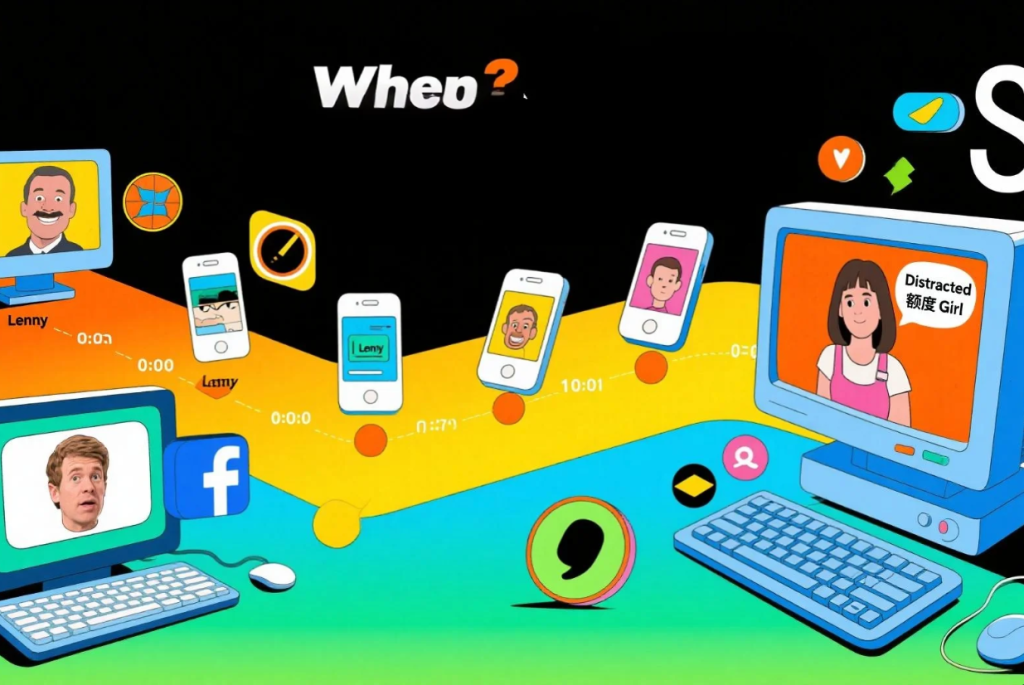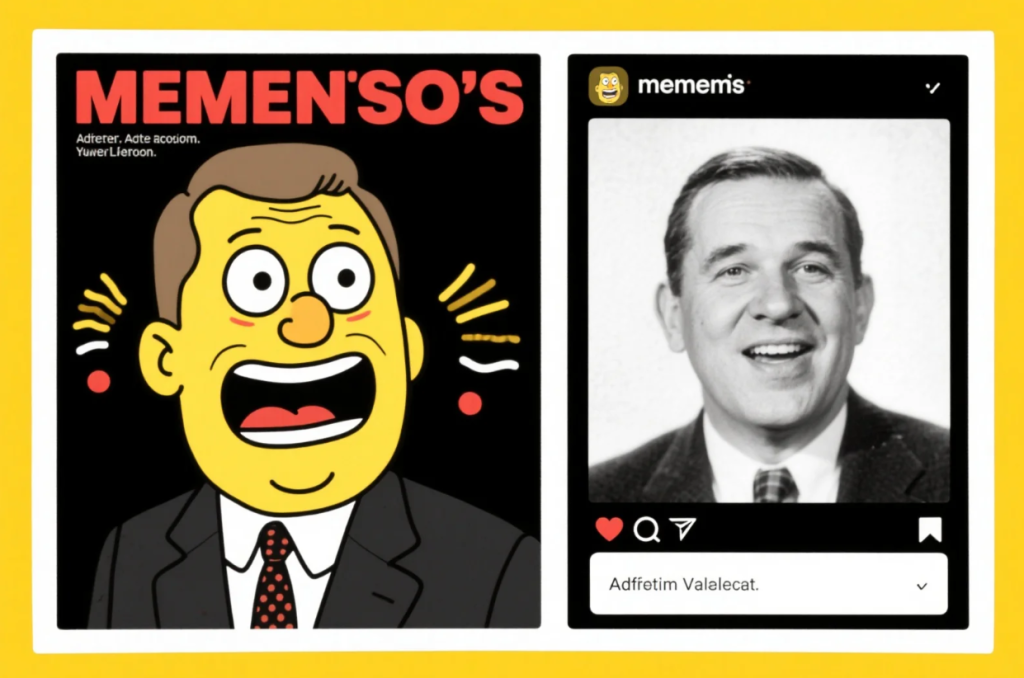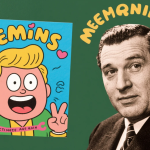From LOLs to IPOs
In the beginning, memes were jokes. Just harmless internet jokes made for the lolz. Fast-forward to today, and those jokes are moving markets, launching careers, and even serving as alternative currencies. Memes have gone corporate—and not in a cringeworthy way. In fact, they’ve become one of the most potent forces in the modern digital economy.
This article isn’t about what memes are or how they work in the brain. It’s not about historical memes or laugh science. This is about how memes have evolved into economic units—powerful, shareable content that can generate influence, money, brand identity, and sometimes even political disruption.
Welcome to the meme economy. No suit or MBA required.
1. Memes as Digital Assets
Memes may seem disposable, but their cultural value is quantifiable. When a meme format becomes popular, it starts functioning like intellectual property—except it’s often decentralized, unowned, and constantly evolving.
Take the Shiba Inu dog from the “Doge” meme. It was just a silly image in 2010. By 2021, it had spawned a cryptocurrency (Dogecoin), made people millionaires, and was accepted for payment by major companies.
That’s more than a meme—that’s a digital asset class.
2. The Rise of Meme-Based Marketing
Forget billboards and banner ads. Brands now want you to laugh—and then buy.
Companies like Wendy’s, Duolingo, and Netflix have built entire social media identities around meme culture. Why? Because memes offer organic engagement and authenticity—two things traditional advertising can’t buy, even with a Super Bowl budget.
Memes make brands relatable, human, and weirdly likable. And when done well, they convert laughs into sales.
3. Meme Stocks and Financial Hysteria
In January 2021, a group of Reddit users turned GameStop—a failing retail stock—into a financial phenomenon. How? Memes.
By turning stock trading into a narrative-driven meme war against hedge funds, the subreddit WallStreetBets fueled a modern-day David vs. Goliath story. People didn’t just buy GameStop stock—they believed in it. Memes weren’t just commentary; they were market-moving instruments.
GameStop wasn’t an isolated event. AMC, Bed Bath & Beyond, and even crypto tokens like Shiba Inu experienced similar meme-fueled rallies. The market now has a new variable: virality.
4. Meme Creators as Entrepreneurs
Forget starving artists. Today’s meme creators are content entrepreneurs.
They build audiences, collaborate with brands, launch merch lines, and some even sell NFT memes (yes, those exist). The “Disaster Girl” meme was sold as an NFT for over $400,000—with the original subject receiving a large cut.
Platforms like Instagram, TikTok, and X (formerly Twitter) reward meme virality through ad revenue sharing or brand sponsorships. If you’re funny enough, you can literally laugh your way to the bank.
5. Meme-Driven Subcultures and Consumer Trends
Memes don’t just reflect culture—they shape it. Trends in fashion, music, even food often originate from a viral joke.
Cottagecore? E-girls? The “goblincore” aesthetic? These didn’t come from Vogue—they emerged from meme communities.
When enough people engage with a meme, it starts influencing search behavior, purchasing decisions, and even identity formation. That’s how a niche aesthetic like “clowncore” can go from Tumblr post to Amazon trend within weeks.
6. Meme Pages as Media Conglomerates
Think BuzzFeed was the peak of viral content? Think again.
Meme pages with millions of followers—like Daquan, Memezar, or Tank.Sinatra—function as mini-media empires. They can make or break a product, spread news faster than CNN, and collaborate with celebrities to shape public opinion.
With followers in the tens of millions, they don’t need a newsroom. Just a funny caption, a trending format, and a decent Wi-Fi connection.

7. Political Memes and Digital Propaganda
Let’s get serious for a moment. Memes aren’t always lighthearted.
In recent elections—from the U.S. to Brazil to the Philippines—political campaigns have used memes as powerful tools. Sometimes, they’re used for satire. Other times, they spread disinformation, manipulate narratives, or push ideological messages disguised as jokes.
Memes are effective because they bypass critical thinking and trigger emotions. That makes them ideal for persuasion, whether that’s selling a candidate or undermining trust in institutions.
8. The Economics of Meme Platforms
Ever wonder why your Instagram feed is full of memes, even from accounts you don’t follow? It’s algorithmic economics.
Platforms like TikTok, Instagram, and Facebook reward content that gets high engagement quickly. Memes do just that. They’re short, emotional, and easily reshared. That leads to more time-on-platform, which means more ad revenue for the platform.
In return, meme creators get visibility and clout—currency in the attention economy.
9. Memes as Social Capital
In certain online spaces, memes are more valuable than money. A perfectly timed, original meme can earn you status, followers, and influence.
It’s a form of social capital, traded through likes, retweets, and shares. Unlike financial capital, it’s intangible but powerful. Influencers, micro-celebrities, and even CEOs use meme fluency to stay relevant.
Being “meme-literate” is now a skill set—one that can open doors in marketing, entertainment, and tech.
10. Memes and the Creator Middle Class
While platforms rake in billions, there’s a growing ecosystem of meme creators making a sustainable living. No, they’re not Elon-rich. But they’re not starving either.
Thanks to platforms like Patreon, Ko-fi, and Substack, meme creators can monetize niche audiences directly. They sell subscriptions, digital goods, or exclusive content to fans who want more than just a free laugh.
It’s the rise of the creator middle class, and memes are their currency.
LOLs Are the New Gold
Memes have gone from internet ephemera to cultural currency and economic force. They’re reshaping marketing strategies, disrupting stock markets, launching careers, and even influencing elections.
Whether you’re a casual scroller, a financial analyst, or a brand manager, memes are no longer optional—they’re integral to understanding the digital economy.
In a world driven by clicks, shares, and attention spans, the meme isn’t just king.
It’s the entire kingdom.


